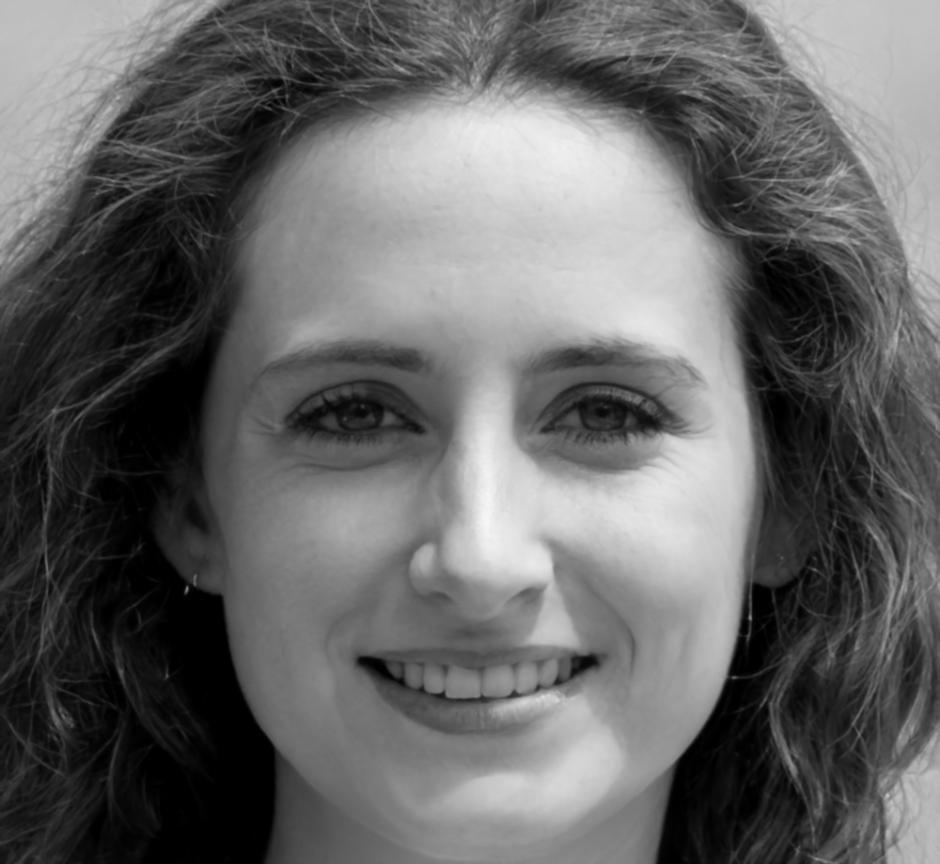We Started with a Question Nobody Else Asked
Back in early 2019, I noticed something odd while helping my neighbor sort through his winter heating bills. Every December, he'd panic. Every June, he'd forget. Same cycle, year after year.
That's when it hit me — most people treat their budgets like static documents. But life doesn't work that way. Seasons change, expenses shift, and yet financial education kept pretending otherwise.



